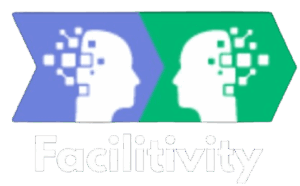Poll – User Stories, The Benefits
User stories are a description of what is needed from the user’s perspective. User stories help to separate business value from implementation and focus all parties on the desired outcome.User
Poll – Product Backlog, The Benefits
A product backlog is a list of high-level product requirements (or user stories), prioritized by business value (typically determined by a product manager or product owner). It contains entries for
Poll – Short Iterations, The Benefits
Short iterations are the practice of breaking up a release into 1-4 week development cycles that each produce a shippable increment of work. Some of the benefits of short iterations
What I Believe About Agile
Before I get too far into what I believe about Agile, let me give a little background. In 2005, I was a staunch Waterfallian. Stuff happened (blogged elsewhere) and then
Agile Transformation Seminar
If you are in the Boston area, consider going to the Agile Transformation Seminar on Thursday February 26th in Lexington. The seminar is a 1/2 day in-depth look at the
The Top Ten Reasons I May be Wrong That Agile is Better
First of all, it is important to note that "Agile" is just a word and means different things to different people. There is a good chance that we have different
Agile Twittering
In case you haven't already been bitten by the twitter virus (what else to call it?) the whole Agile world seems to be on twitter. Now, I'm there too! What's next? The
Three Cures for the Management Bottleneck
This is the fourth post in a series on self-management that began with "The Use of Self-Managing Teams Outside the Context of Software Development" Divide and Conquer One of
Getting Management and Engineers Out of Each Other’s Hair
This is the fifth in a series of posts on self-management that began with "The Use of Self-Managing Teams Outside the Context of Software Development." Short Iterations Increase Management Leverage
No-Brainer Self-Management Practices in Agile Part 2
Whole Teams Improve Coordination and Communication A whole team is a small group of people (no more than 12) that work together towards a common purpose, primarily spend their time
“No-Brainer” Self-Management Practices in Agile
While there may be some confusion over the meaning of self-management in Agile, not to mention some contention as to whether or not it is a good idea, many of
The Use of Self-Managing Teams Outside the Context of Software Development
[Note: this post was heavily edited on Jan 18th to take into account comments on the earlier version.] Most of what you need to do to become Agile requires only
